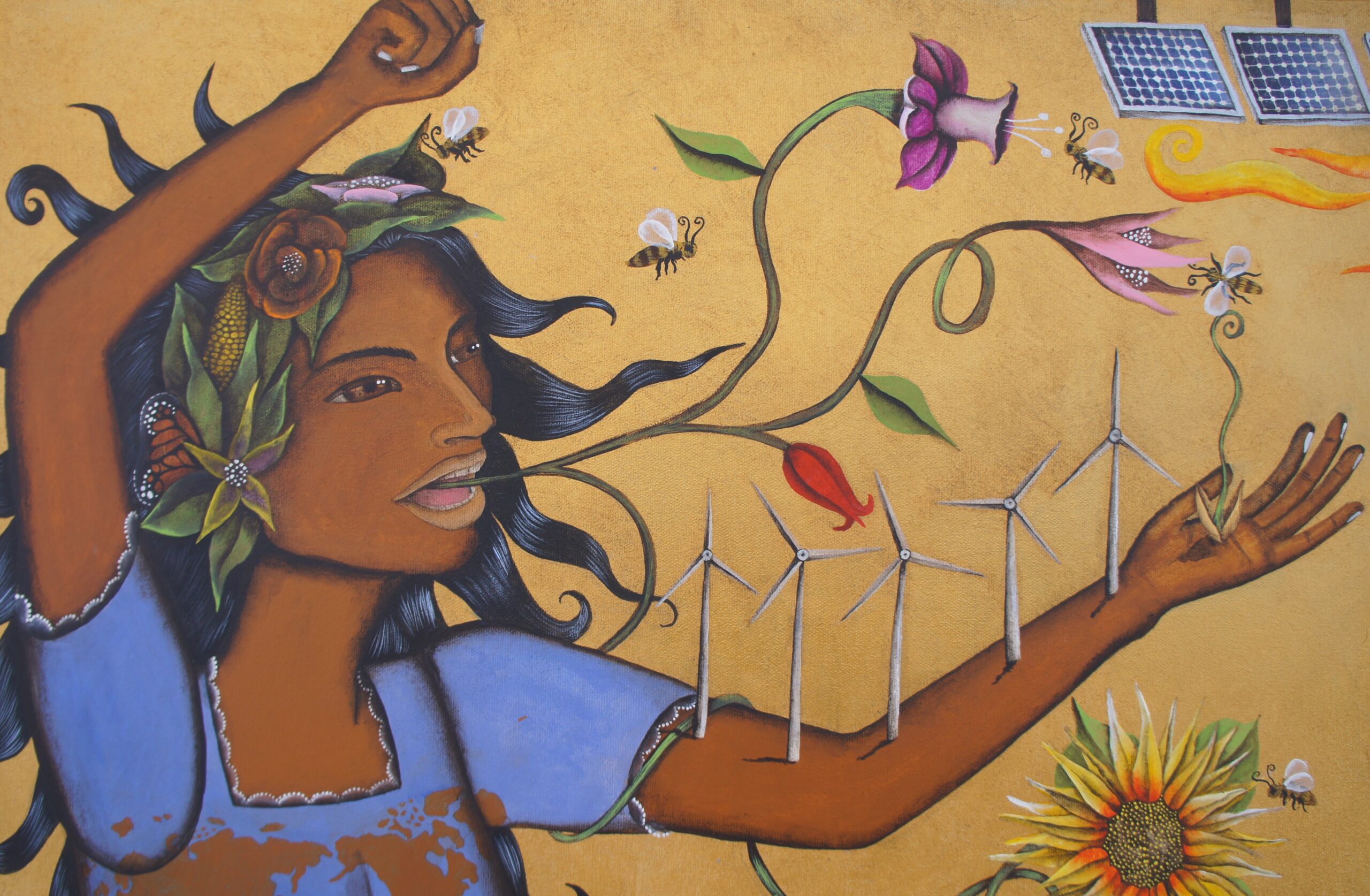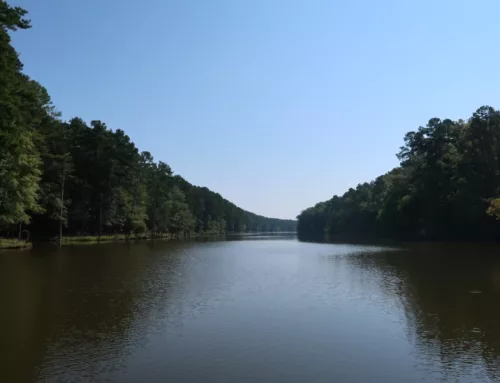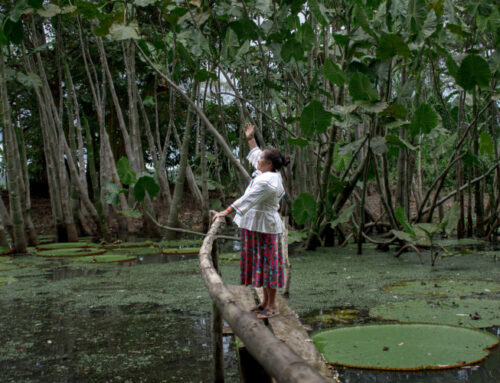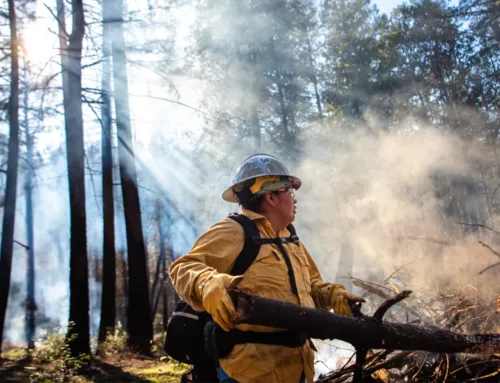Some nations’ governments are increasing efforts to protect Indigenous Peoples’ rights, which will affect many extractive corporations’ abilities to operate as usual. In recent years, corporations have been left mostly unchecked to devastate the land. As Indigenous rights are bolstered at the national level, however, companies and investors will need to strengthen their working relationships with Indigenous Peoples and seek free, prior and informed consent (FPIC) from Indigenous communities if they plan new extractive projects like mining, drilling, and fracking on their lands. Executive Director of Women’s Earth and Climate Action Network (WECAN) Osprey Orielle Lake asserts that institutions need to have a strategy in place for when Indigenous communities say no to proposed projects, both renewable and nonrenewable. She contends that “Indigenous sovereignty and rights are central to a Just Transition,” and “No Go” policies should be implemented to allow Indigenous communities to reject projects and to ensure that their decision is respected by the institutions involved. Indigenous lands and local knowledge must be respected and upheld for Just Transition.







